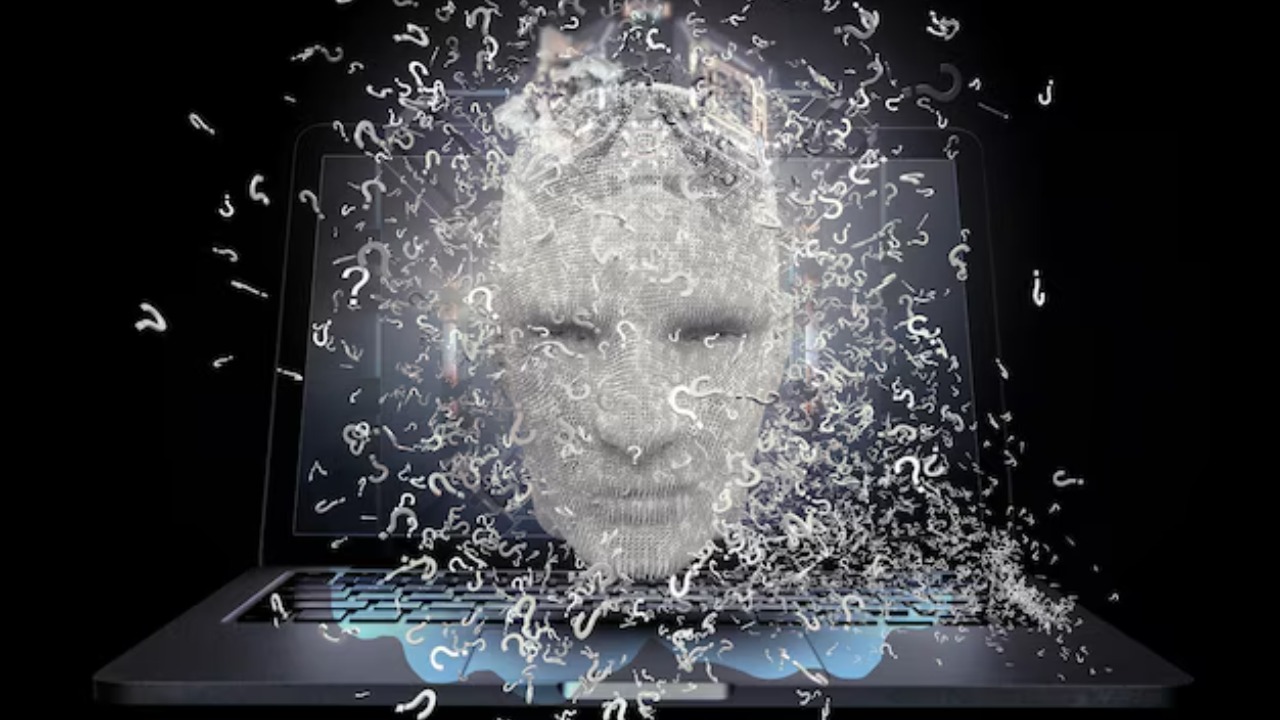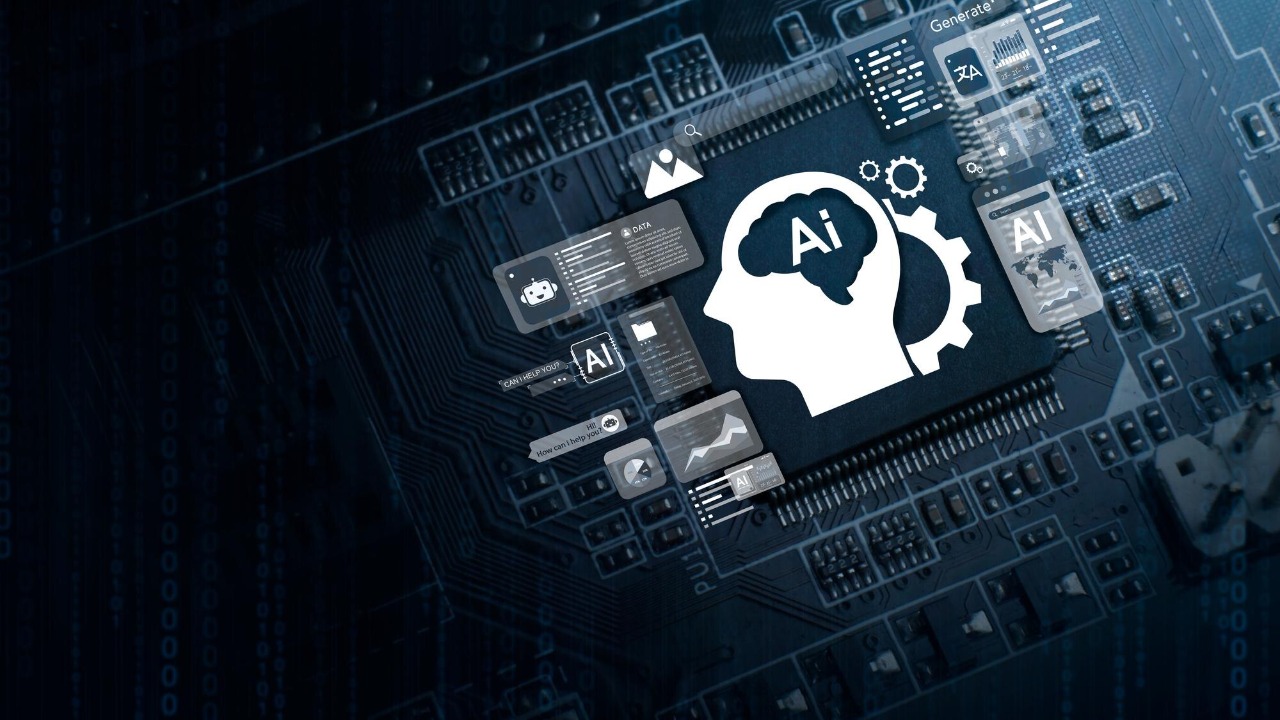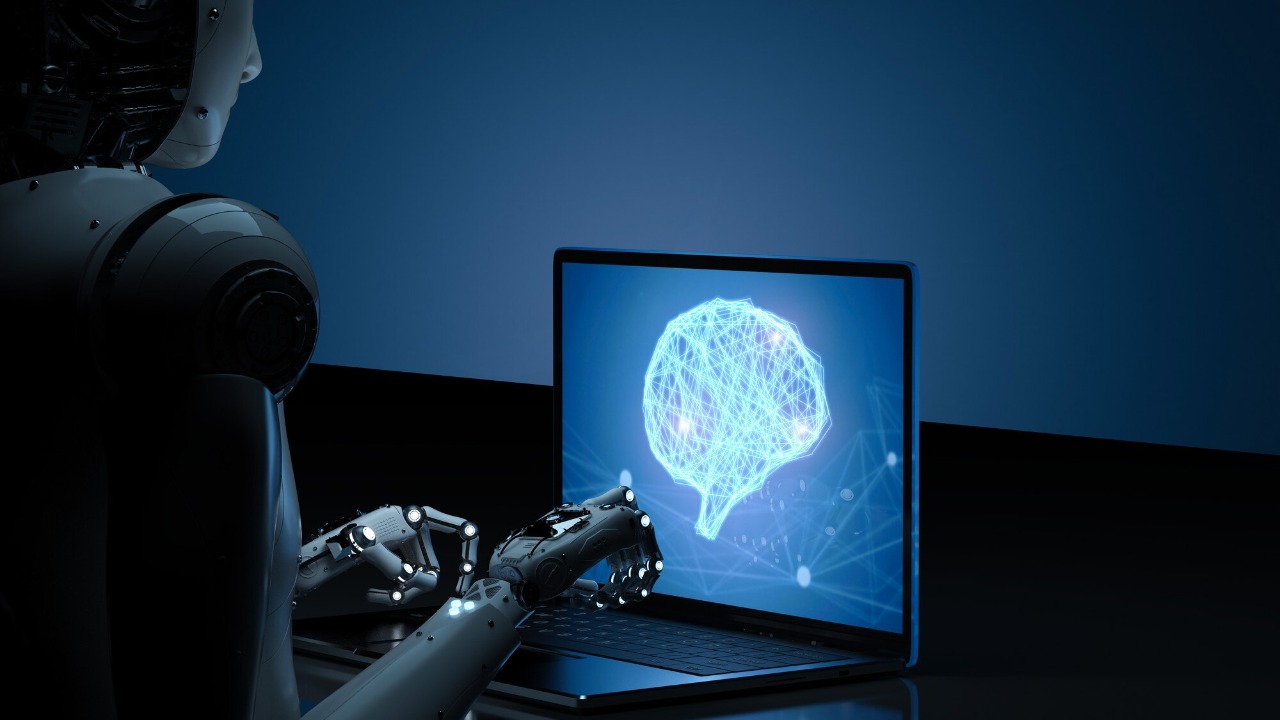
Artificial Intelligence (AI) has made remarkable strides in recent years, but with these advancements comes the potential for AI to manipulate memories, both real and artificial. This phenomenon of AI-induced fake memories raises ethical and psychological concerns, necessitating a deeper understanding of how AI can both create and manipulate memory.
Understanding AI and Memory

AI mimics human cognitive processes through advanced computational models that simulate learning and memory. At the core of AI’s ability to process information are neural networks, which function similarly to the human brain by recognizing patterns and making connections. These networks enable AI to process vast amounts of data, essentially creating a form of memory by storing and retrieving information as needed. Unlike humans, whose memories are influenced by emotions and experiences, AI creates memory through algorithmic processes that rely on data input and reinforcement learning.
The difference between human and AI memory is profound. Human memory is biological and influenced by emotions, sensory inputs, and subjective experiences. In contrast, AI memory is digital, stored in data centers, and accessed through algorithms. This distinction has significant implications, especially since AI can access information non-linearly and non-temporally, meaning it can retrieve any piece of data at any time without the chronological constraints that human memory faces. AI’s ability to simulate memory functions without the constraints of time and emotion opens the door for both innovation and manipulation.
Mechanisms of Creating Fake Memories

The creation of false memories by AI hinges on technologies like deepfake and generative adversarial networks (GANs). These technologies allow AI to generate highly realistic images, videos, and audio that can deceive human perception. By manipulating data and exploiting algorithmic bias, AI can create scenarios that never happened, making it difficult for individuals to distinguish between real and fabricated memories.
Documented instances of AI-generated false memories are becoming more prevalent. Research conducted at the MIT Media Lab has demonstrated how AI can implant false memories with minimal cues, altering individuals’ recollections. Similarly, legal case simulations by companies like Cognify have showcased how AI-created scenarios can influence eyewitness testimonies, raising questions about the reliability of human memory when AI is involved.
Implications for Society and the Individual

The psychological impacts of AI-induced false memories are profound. Individuals may struggle with personal identity and trust in their perceptions, leading to confusion and distress. The potential for AI to manipulate mental states without consent raises ethical concerns about privacy and mental autonomy. The question of whether individuals can trust their memories becomes even more pressing as AI technologies become more advanced.
On a societal level, the manipulation of memories by AI poses challenges to the judicial system, where eyewitness testimonies can be critical. AI-induced memory alterations could undermine the credibility of testimonies, affecting verdicts and legal outcomes. Additionally, the potential for AI to disrupt social trust and media reliability is significant, as false memories could be used to spread misinformation and manipulate public opinion.
Ethical and Legal Challenges

The ethical dilemma surrounding AI-created memories involves the moral responsibility of developers and users. There is an ongoing debate about the ethical frameworks necessary to guide the use of AI in memory-related applications. Developers must consider the potential for harm and ensure that AI technologies are used responsibly and ethically. Ethical considerations must also address the consent of individuals whose memories may be manipulated.
Legally, the ramifications of AI-induced memory alterations are complex. Current legal structures may not adequately address the challenges posed by AI in this context. Policymakers must consider regulations and guidelines to safeguard against misuse and protect individuals’ rights. Potential policy recommendations could include stricter oversight of AI technologies and the implementation of legal frameworks that address the unique challenges of AI and memory manipulation.
Future Directions and Research

As AI continues to evolve, ongoing research efforts focus on counteracting false memory creation. Innovations in technology are being explored to develop methods for detecting and preventing AI-generated false memories. Researchers are also investigating ways to mitigate the risks associated with AI memory manipulation, ensuring that these technologies are used for beneficial purposes without compromising individual autonomy.
Interdisciplinary collaboration is crucial in addressing the challenges of AI and memory. Technologists, psychologists, and legal experts must work together to develop solutions that address the ethical, psychological, and legal implications of AI-induced memories. Initiatives for public awareness and education are also essential, helping individuals understand the potential risks and benefits of AI in the realm of memory.